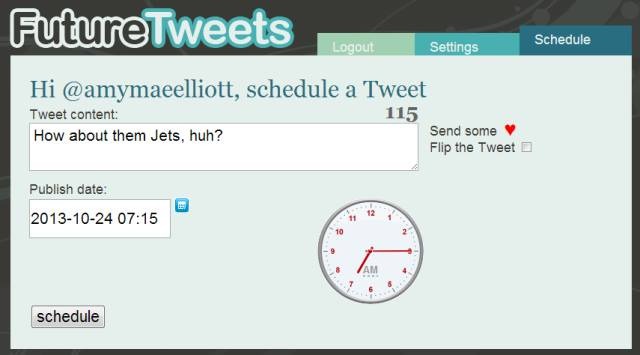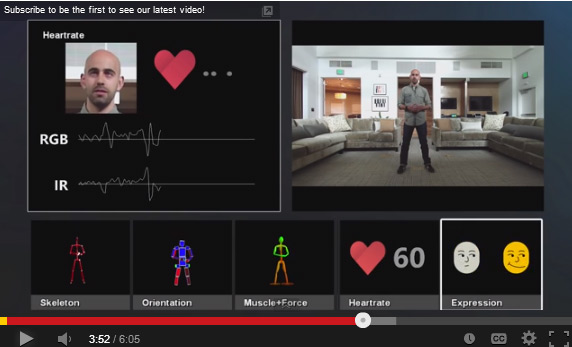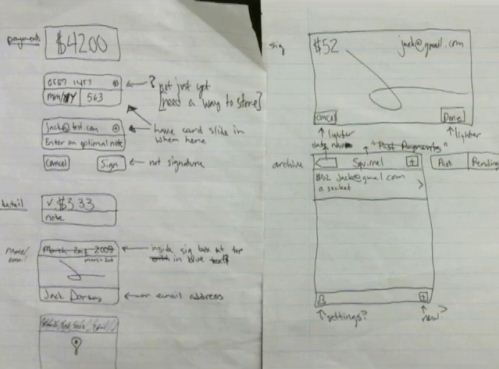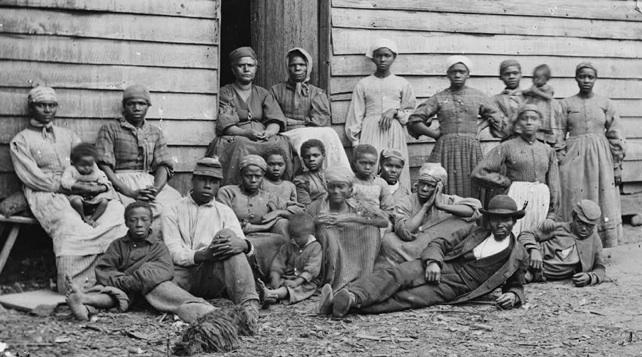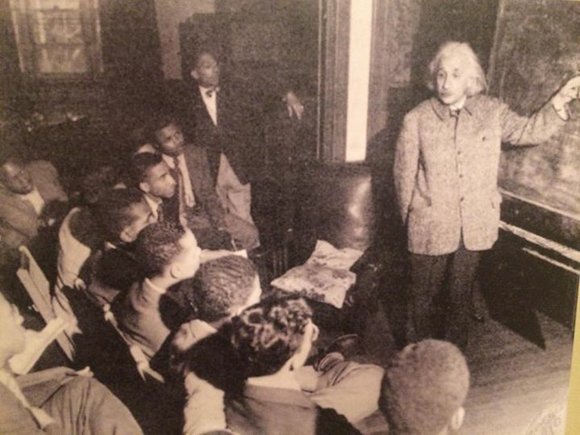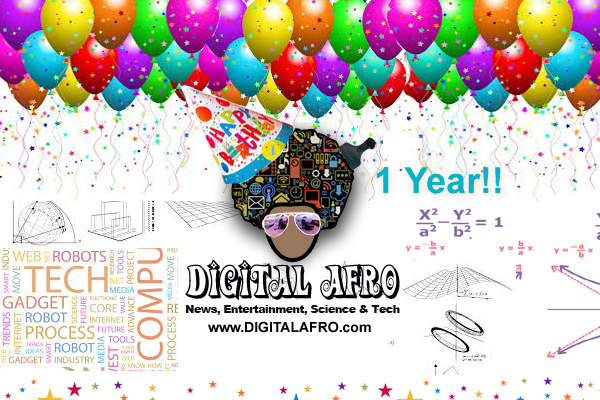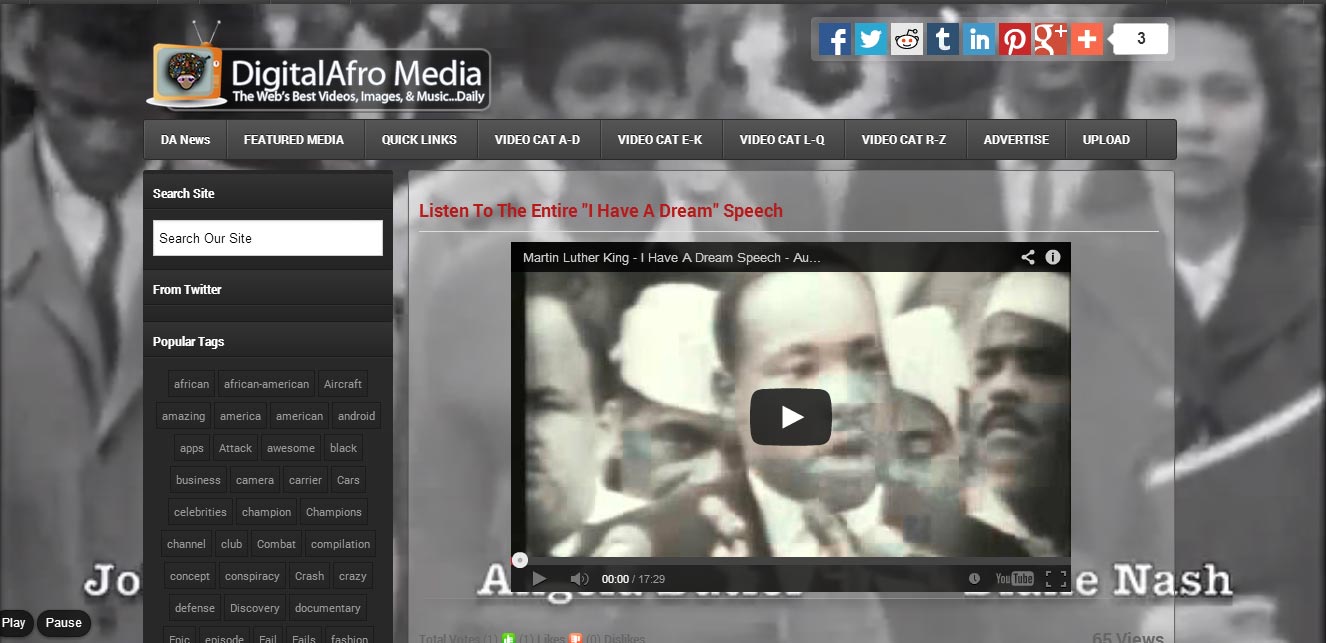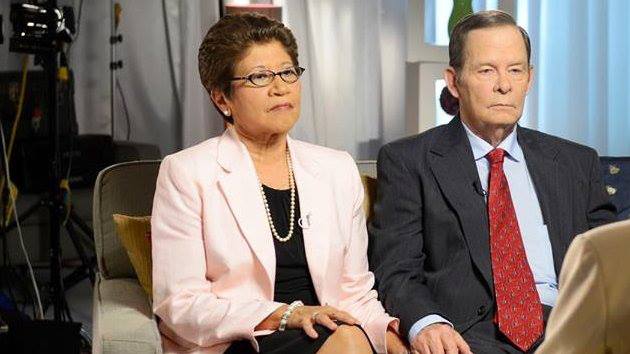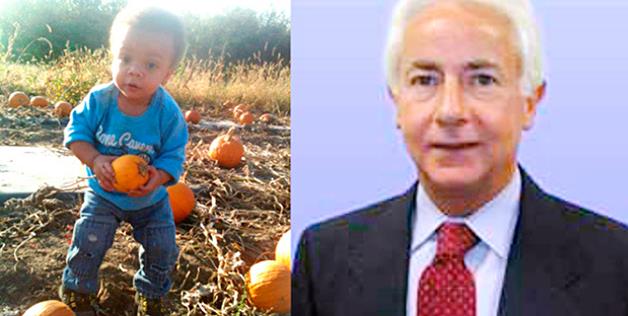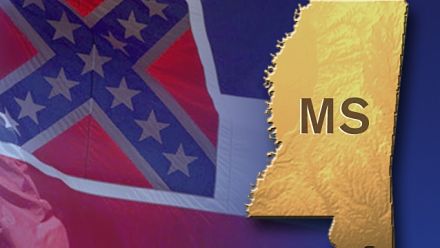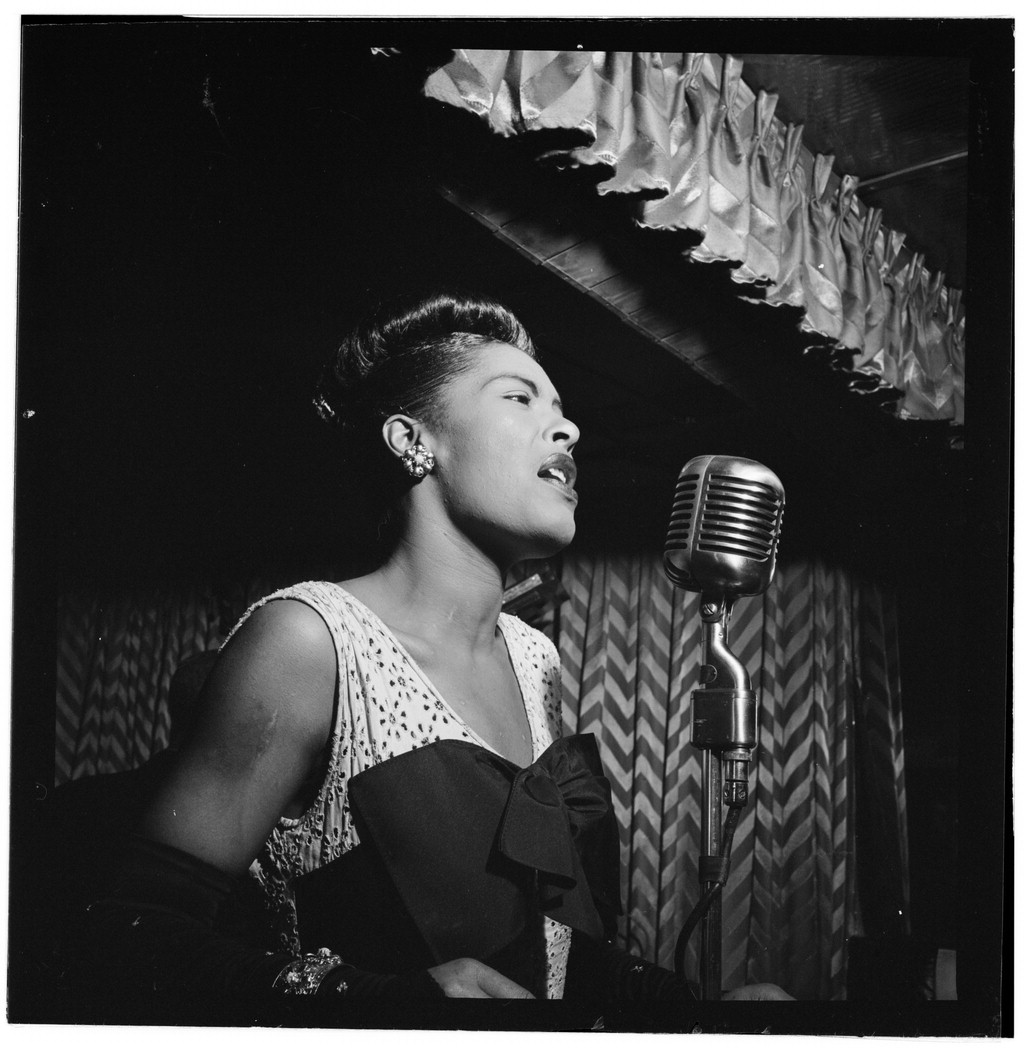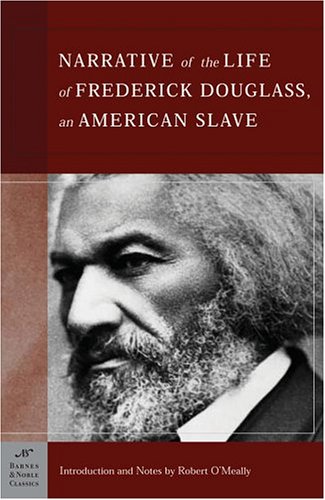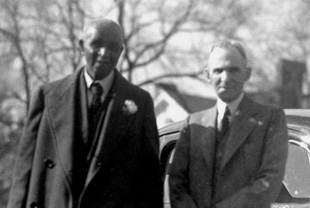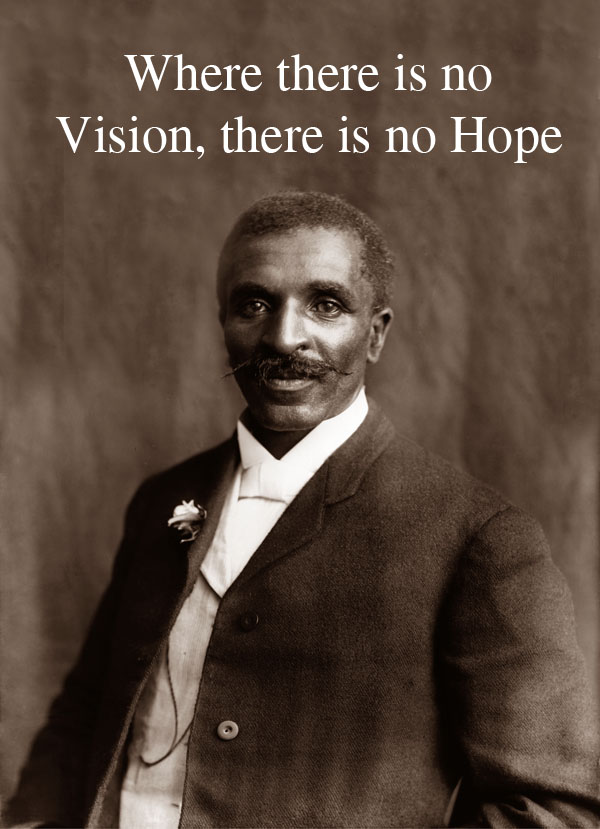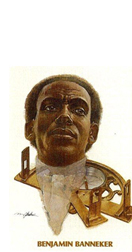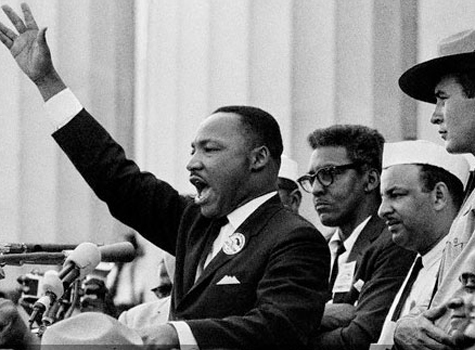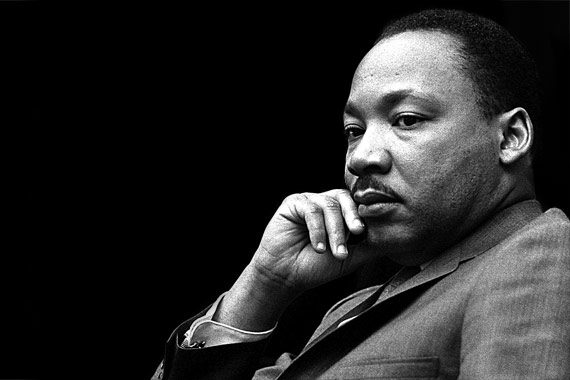New Technology is Helping African Americans Trace Their Families During & After Slavery
It is very difficult for many African Americans to trace their ancestry during slavery. The federal census did not record negroes by their first and last names until 1870.Prior to this, only free people of color were listed by name in the censuses, except for a few counties that listed slaves by first and last names in the 1850 and 1860 local censuses. Although challenging, new database websites have emerged to help African Americans trace their lineage.
In March 1865 the Bureau of Refugees, Freedmen, and Abandoned Lands (also known as the Freedmen’s Bureau) was established in the War Department to provide aid to thousands of emancipated slaves and poor whites living in the South and the District of Columbia. Between the years 1865 and 1872, the Freedmen’s Bureau kept track of a variety of records, including marriage, medical, school and census information. Recently, the National Archives has integrated the Freedman’s Bureau Database with their own to provide a more detailed access for people of color.
The following bureau records are maintained by the National Archives Web Division:
Headquarters records: Primarily official and statistical in nature, these records may contain some information at the local level on the work and experiences of particular people. “Records include letters, telegrams and circular letters sent; special orders issued by Commissioner O. O. Howard; annual reports to the President; records relating to appointments; and letters received by the Commissioner,” according to the National Archives. Also, there are communications from the state assistant commissioners on “relief efforts, hospitals and vaccination programs, labor and land issues, legal issues, field office management, and other activities, as well as school reports, schedules of schools, and rental accounts from state superintendents of education.”
State records of assistant commissioners and superintendents of education: Consisting mostly of summaries and reports, the records here include “copies of letters and annual reports sent to the Commissioner in Washington; narrative weekly and monthly summaries of problems and developments in the state; letters received from subordinates in field offices; telegrams and issuances (general orders, circulars, and special orders) received from Washington; narrative reports from subordinates on such topics as condition of the destitute, misuse of public stores, status of Bureau property, abandoned and confiscated lands, murders and outrages, and other areas of concern; form reports on schools; labor and personnel records; returns of medical officers; letters sent; and miscellaneous records relating to other topics,” according to the National Archives. Some of the records, such as collected labor contracts and letters, can provide detailed information on individuals.
Field-office records: Names, personal information and a vivid account of the experiences of freed people can be found in these records, which include field-office reports, letters received and sent, contracts, certificates, registers, censuses, affidavits and other documents. According to the National Archives, the documents contain “desperate pleas for food, clothing, and medical care from rural communities; freed peoples’ testimonies about delinquent employers, continued use of forced labor and apprenticeship, violence, and restrictions due to the new state-legislated and repressive ‘black codes’; petitions for new schools, legal aid in courts, and protection from violence; applications for land; and marriage certificates,” as well as hospital records, complaints, relief rolls and trial summaries.
Marriage records kept by the Office of the Commissioner, Washington headquarters of the Bureau of Refugees, Freedmen, and Abandoned Lands, 1861-1869: Find marriage records of the newly liberated, collected from 1861 through 1869, first by the Union Army and then the Freedmen’s Bureau in its field offices in the Southern states and the District of Columbia. According to the National Archives, record types, viewable on microfilm, include “unbound marriage certificates, marriage licenses, monthly reports of marriages, and other proofs of marriages.”
Freedmen’s Branch, Office of the Adjutant General: Spanning the years 1872 to 1878, these documents contain “valuable genealogical information on black soldiers and sailors found in documents and letters they submitted for bounty, pension, arrears of pay, commutation of rations, and prize money,” according to the National Archives. “Other documents include letters sent, lists and registers of claimants, reports of persons and articles hired, returns of public property, and affidavits. The records can be useful when used in conjunction with military service and pension records.” The records are from the following field offices in the following cities: Charleston, S.C.; Fort Johnston and Fort Macon, N.C.; Louisville, Ky.; Fort Leavenworth, Kan.; Fort Monroe, Va.; Memphis and Nashville, Tenn.; Natchez and Vicksburg, Miss.; New Orleans; St. Louis, Mo.; and Savannah, Ga.
Database WebsitesYou can Use to Trace Your Lineage
http://www.archives.gov/research/african-americans/freedmens-bureau/#view The federal Governments Official Census Archive,
AmericanAncestors.org, contains more than 300 million searchable records for research in New England, New York and beyond. With the leading experts in the field, NEHGS staff can provide assistance and guidance for questions in most research areas. They can also be hired to conduct research on your family.
http://www.myslaveancestors.com/censusrecords.htm You Can order a researched overview of your family tree with myslaveancestors.com.
www.ancestry.com Very popular family tree website, definitely helpful in tracing marriages and other types of records that can offer helpful clues.













